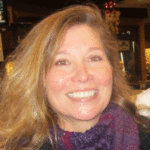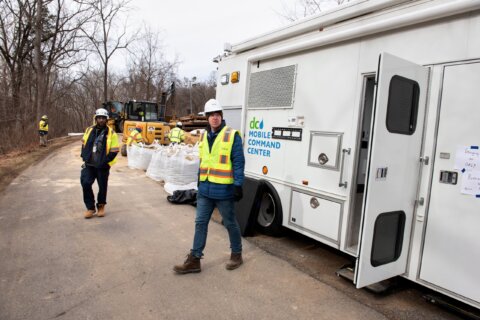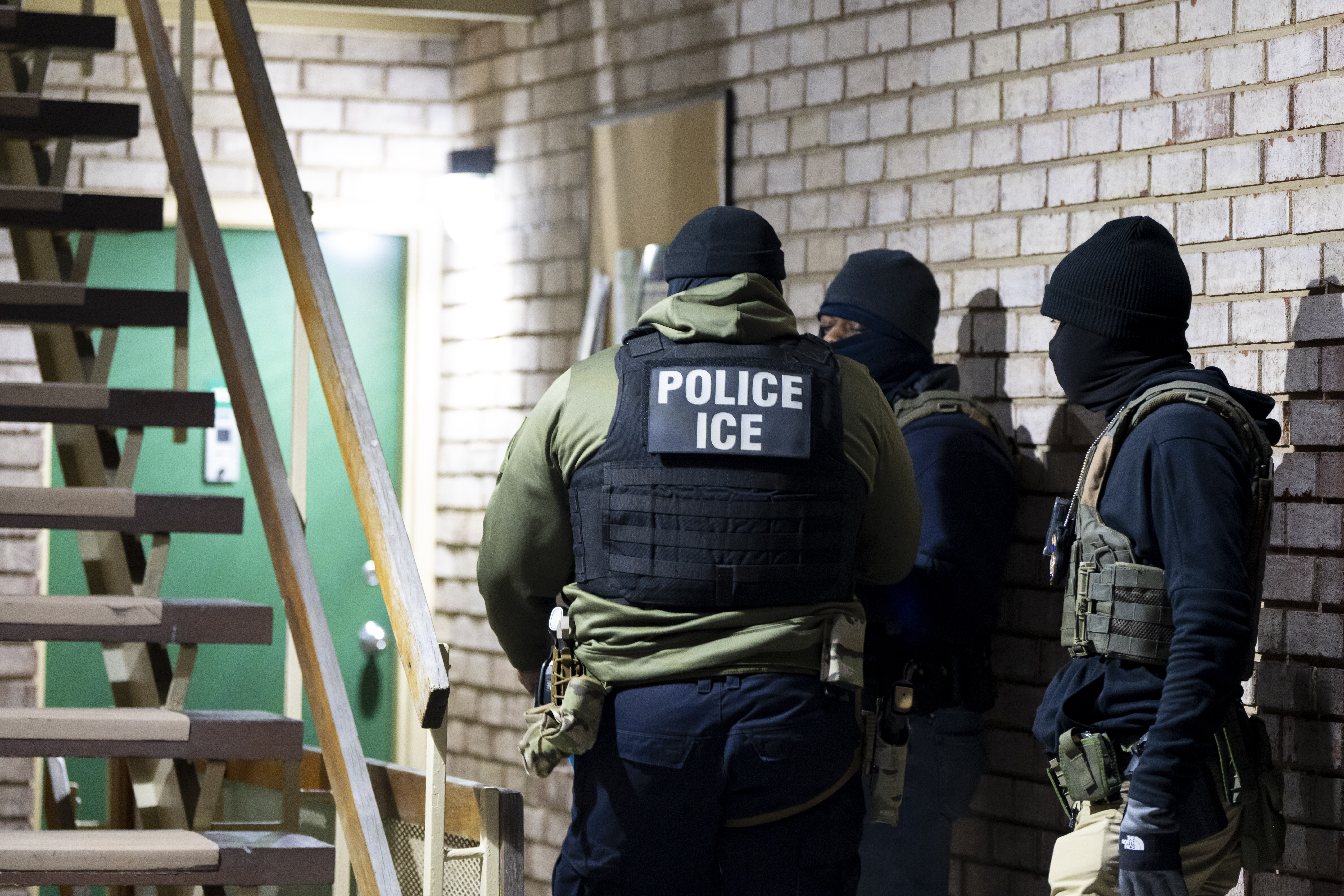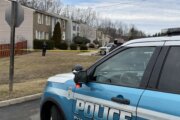On International Overdose Awareness Day Tuesday, D.C. Mayor Muriel Bowser’s administration hosted events across the city to destigmatize opioid overdoses, promote medication-assisted treatment plans and celebrate a 25% increase in the distribution of Naloxone, a drug used to reverse opioid overdoses.
The D.C. Department of Behavioral Health also rolled out LIVE.LONG.DC. 2.0, the second phase of the department’s strategic plan to combat the opioid epidemic, integrating equity and cultural considerations.
The department’s director, Dr. Barbara J. Bazron, said they commemorated the day to remember that overdose deaths are preventable.
“We also remember without stigma or blame those who have died and raise awareness that effective treatment for the disease of addiction is available and every day people recover,” Bazron said in a news release.
According to the department, 40,057 Naloxone kits have been distributed from last October through July, compared with 31,917 kits in the previous fiscal year.
“There were 2,074 successful reported reversals with Naloxone. Naloxone is available at no cost, with no ID or prescription required,” the department said in the release. “Today’s events include outreach in targeted communities, storytelling, panel discussions, and naloxone training and distribution.”
The LIVE.LONG.DC. 2.0 plan includes:
- A greater focus on saving lives from opioid overdoses by increasing the distribution of lifesaving naloxone and other harm reduction activities;
- Stronger integration of peers with lived experience proven to be effective in encouraging people to get into and stay in treatment;
- Better coordination of treatment and supports to sustain recovery tailored to individual needs;
- Engagement with vulnerable populations, including pregnant and parenting individuals, youth and young adults, and residents of skilled nursing facilities, and
- Better use of data to take services directly to residents and target areas with spikes in overdoses for immediate action.
The District makes Naloxone available through pharmacies, faith-based institutions, certified Naloxone distribution sites, home delivery and outreach teams deployed to areas where spikes in overdoses are reported.
Residents can text “LiveLongDC” to 888-811 for pickup locations and to request Naloxone. A Department of Behavioral Health mobile van travels weekly to targeted communities with a 24/7 Community Response Team.
District health officials also said they have increased access to medication-assisted treatment in community hospitals, community clinics and the D.C. Jail. Transportation to and from treatment areas is free.








